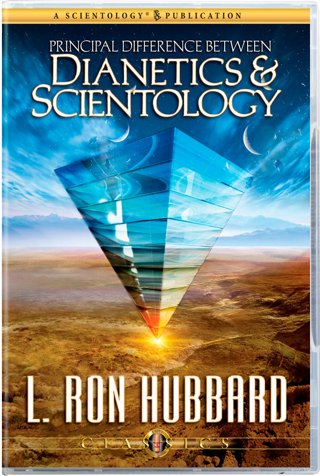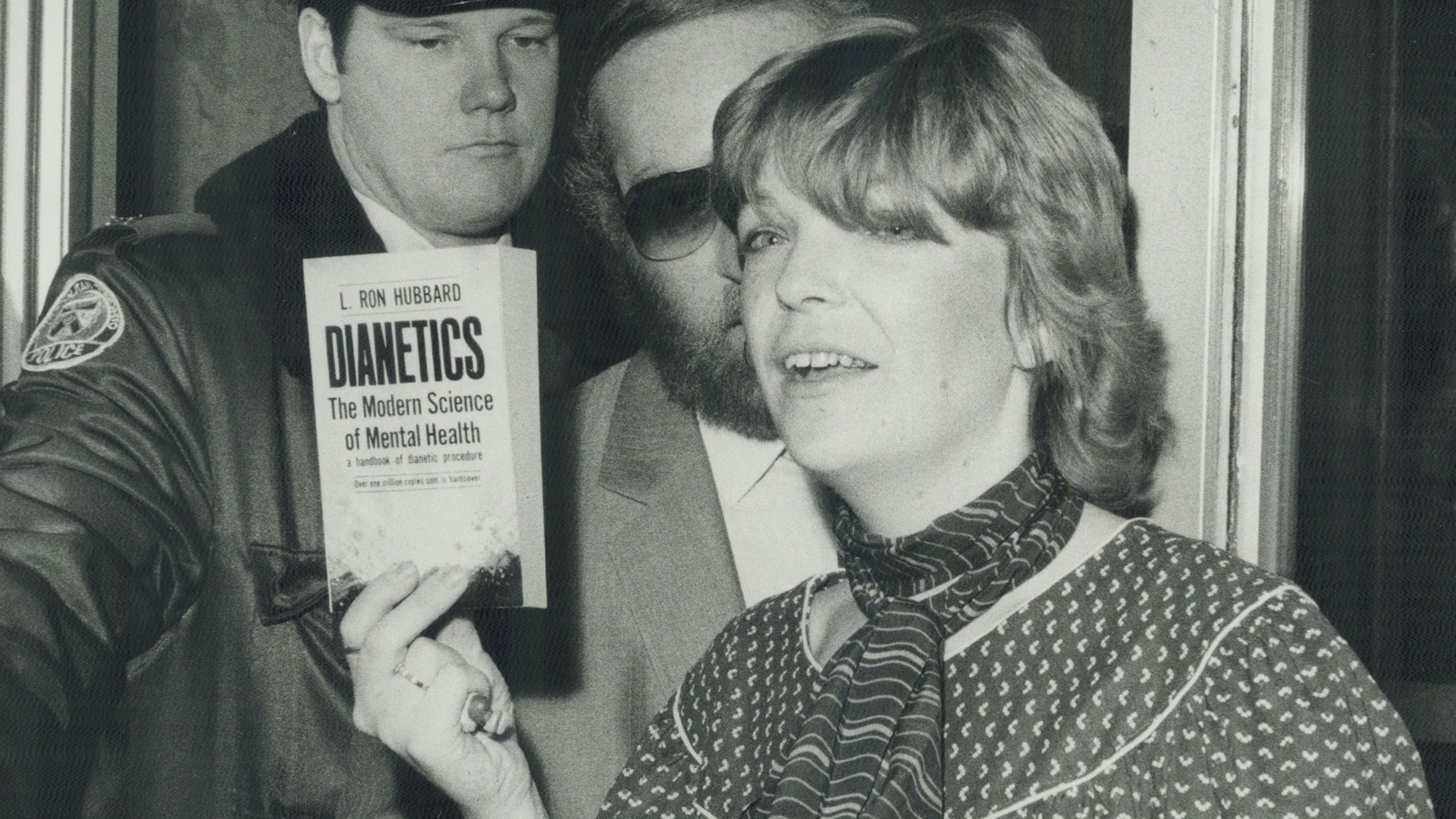Dianetics Fundamentals Explained
Wiki Article
Dianetics Can Be Fun For Everyone
Table of ContentsDianetics Fundamentals ExplainedAn Unbiased View of DianeticsUnknown Facts About DianeticsThe 10-Minute Rule for Dianetics
I couldn't ever before not wish to obtain anything that comes to mind for you- if it was or else, I would not be resting here with you, doing this. I not only might never have a trouble, or otherwise intend to listen to something that enters your mind for you, yet I'm totally anxious to understand every idea, every idea, every image or feeling that emerges or shows up for you- do not ever before believe or else, and if for some factor you do, please just let me understand! In some cases, you may have an idea, and image, concept or event turn up that does not seem to address the question, or associate with it, however however, always do tell me about it, and as we continue, the significance will certainly arise for you.This is fundamental in the basis of handling, and the topic of this conversation: the fundamental roles of the therapist and the customer: The basic duty of the counselor is, unlike "common training", not to manage, which indicates to impose and/or prevent, yet to rather function from the basis of EMPOWERING THE CUSTOMER.

The Definitive Guide to Dianetics
John Mcmasters expressed this standard fact splendidly well in among his lectures on Power handling, where he clarifies just how he was asked what this "unique flair" was that he had for giving such terrific sessions; he had to assume about that for a moment, and detected that it was what he wasn't doing, along with what he was doing: he wasn't examining, judging, computing, or in truth, creating any kind of ideas, not to mention spoken expressions, after giving the command and while awaiting the computer to finish their solution to their complete satisfaction; he was, just and only, being existing with the computer, and totally interested.The role of the therapist, demonstrated; that was his "unique knack". I have had my own experience which educated me this well, very early in the game. In 1982, having actually lately finished my training and teaching fellowship on New Age Dianetics, I was running this on a COMPUTER, and there was a factor in the session where (being a little bit wet behind the ears not yet having many hours under my belt as a professional auditor) the PC appeared to be "taking also lengthy" to express anything vocally after I gave him a command.
This trick turned out to be the most valuable contribution that John ever before made to the subject of therapy or auditing (Dianetics). In my modest opinion, it is the best payment that any person has ever made to these subjectsthe application is completely non-judgemental, non-evaluative, and lacking any suggestion, recommendations or opinion.no preconceived agenda for individuals, or 'degrees' that they have to do
In Idenics, the only source of details regarding a customer is the individual customer. In Scientology we prided ourselves on not reviewing for people. All that actually suggested was that the auditor did not VERBALLY examine for the Computer in session. The registrars and values officers evaluated for the PC.
Dianetics for Dummies

Any person that had ever before seen John audit might not assist however notice a distinct quality in his auditing."The customer's basic function is to be there with the objective of relocating in the direction of their spiritual goals, and to openly and totally reveal and experience whatever manifests for them in responding to the questions and executing the instructions in the processing.
This is something to process as needed. Yet also, people often have prior experience and/or indoctrination in auditing/processing which, in some methods, and to some levels, in fact misguides them right into perspectives, concepts and behavior patterns that avoid the complete realization of these functions, therefore they will tend to inhibit the expressing of what enters your mind, as in the instances offered above. * The first, and maybe primary instances of mis-indoctrination bring about much less than completely smooth and efficient sessions, can be found in particular facets of the training regimens, or "TR's":"TR's" are Discover More commonly an individual's very first, or a minimum of early, experience in Scientology, and while I will certainly go on to explain what I view as the imperfections in concept and practice, nonetheless, tend to be significantly restorative, done as they are offered (Hubbard urges that "TR's are not refining, they are training", but factually, they are both processing AND training)
Alan Walter made similar observations, and boosted on these with his "Visibility Processes". There this content is no "failing", and no denial of the truth of this being handling. The emphasis, as it ought to be, is on experiencing the other individual's presence. All the indications which get a "fail" in doing "TR-0" are merely the being's initiatives to withstand the various other person's visibility, and rather than being bothered and nagged with "Flunk", which imposes "failing!" on the being, one merely requires to be motivated to "stick their feet in the water a little much deeper", to increasingly restore their ability and determination to totally share and experience "being below", or "existence", with others.
7 Simple Techniques For Dianetics

Report this wiki page